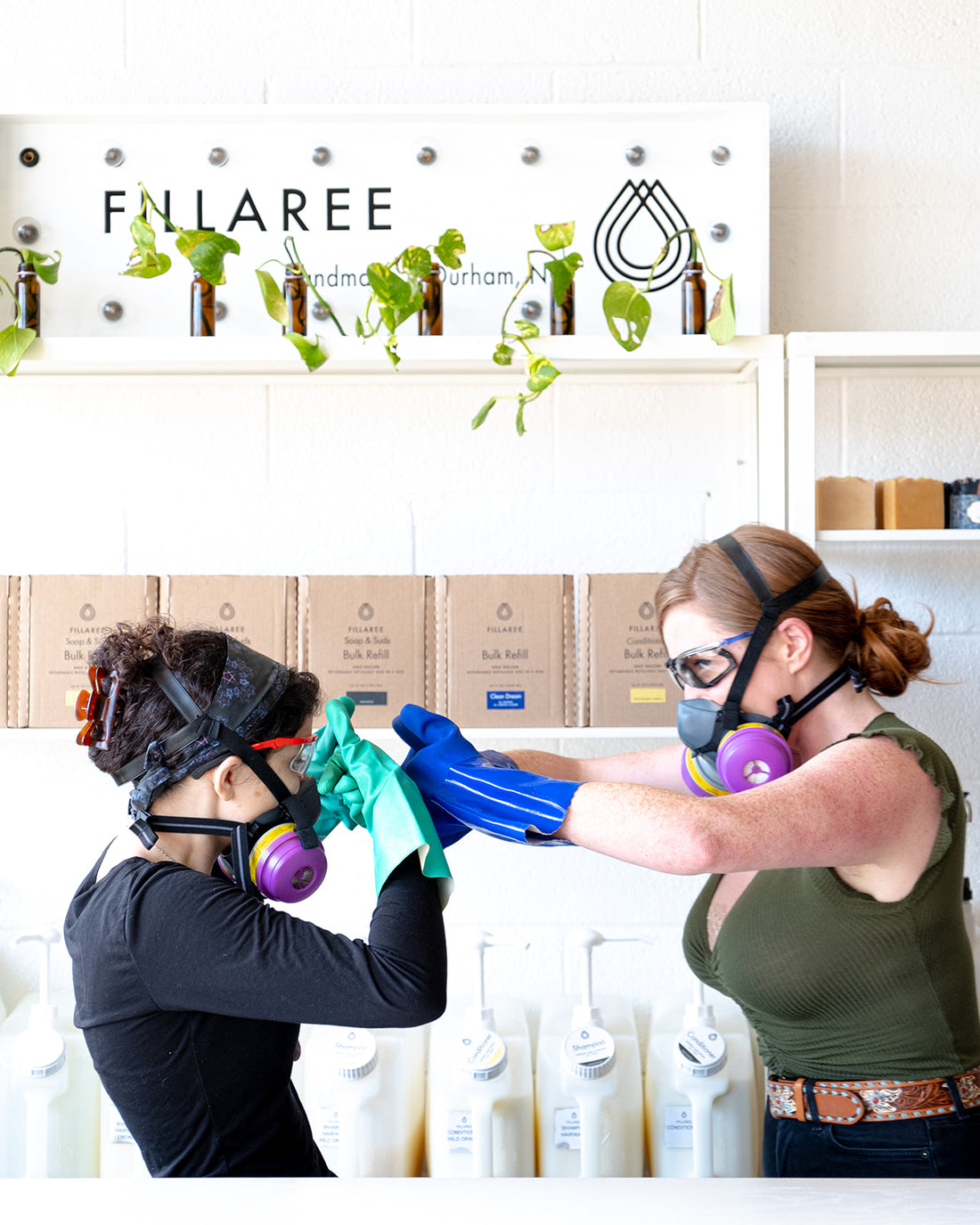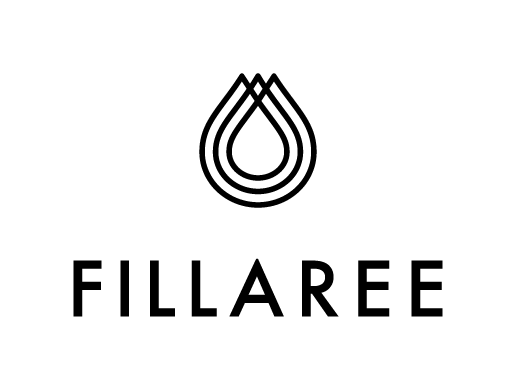
Making Herstory Every Damn Day
Women’s History Month has us thinking a lot about where we are, in this moment in history as a woman-owned and -operated business in a field primarily dominated by men. Women make up nearly half of the workforce (though COVID-19 has had some effect on that percentage that isn’t well-documented), but in manufacturing it’s much less – hovering right around 30% from 1970 to present day. It’s very rare for a manufacturing company to have women in leadership, and even more uncommon for a manufacturing team to be made up of all woman-identified folks. Where are all my Rosie’s at?!?
Last month, we got a new piece of equipment that you may have seen on our Instagram stories. This is HUGE for us – it’s a filling machine that will allow us to fill our bottles in a fraction of the time! We worked with a local fabricator, Pendergraph Machines, and they were fantastic from start to finish.
During the training with the guys from Pendergraph Machines, I was very curious whether it was common for them to make equipment for and train women-led teams. So I asked “how many machines have you all built for women-owned companies in the past year”? He thought about it for a few seconds, looked at the other guy and said “hm, yall are the first.” He then mentioned that they had a candle company client in Durham a few years ago that was woman-owned… and we knew right away that it had to be our good friends at Bright Black Candle!
I was shocked! I forget that we’re in a bubble around here where women-owned businesses are more common and well-supported by our community. It’s not uncommon for me to see other women hauling drums of raw materials, driving forklifts, and meeting the physical and practical day-to-day challenges of running our businesses. But that’s not the case across the country or the globe. With a macro-view, we’re actually quite rare. But I fully expected for a company like Pendergraph to report at least 10 or 15% of their clientele to be women, but that’s just not the case.
So, as I continue my own reflection of what Fillaree means to me, our local community and beyond, this reminder of how rare we are makes me appreciate the importance of our position and our mission much more. It’s not just about making soap, it’s about keeping this snowball rolling and growing so that other women can see their own potential for making change within the systems of manufacturing.
Manufacturing is an industry that won’t be going anywhere as long as there are still people on this planet who need things to survive. But manufacturing doesn’t have to stay the same as it’s always been just because people need the same things they’ve always needed. Change is absolutely necessary – we preach this constantly. It’s the reason Fillaree exists – not because I just had to make soap, but because the manufacturing, packaging and distribution processes for soaps and cleaners didn’t meet our’s, our community’s, and especially our planet’s needs.
So, as we celebrate all the major strides that women have made over the course of history, let’s also look to the future and make sure we’re fully appreciating the paths that they have trail-blazed for us, so that we can keep trail-blazing ahead. Industries like manufacturing desperately need more women at the helm, and I’m stoked to be one of them.
